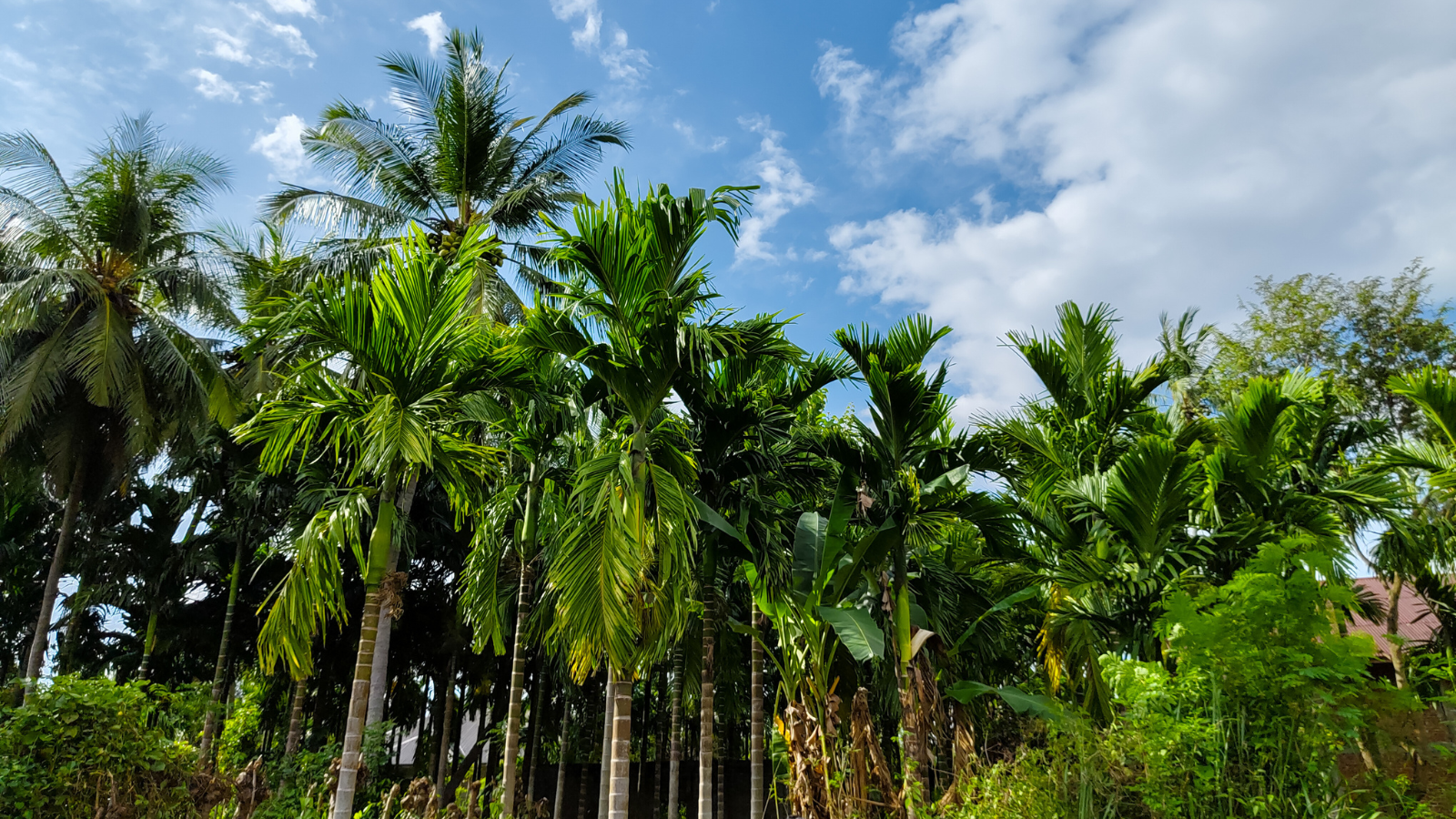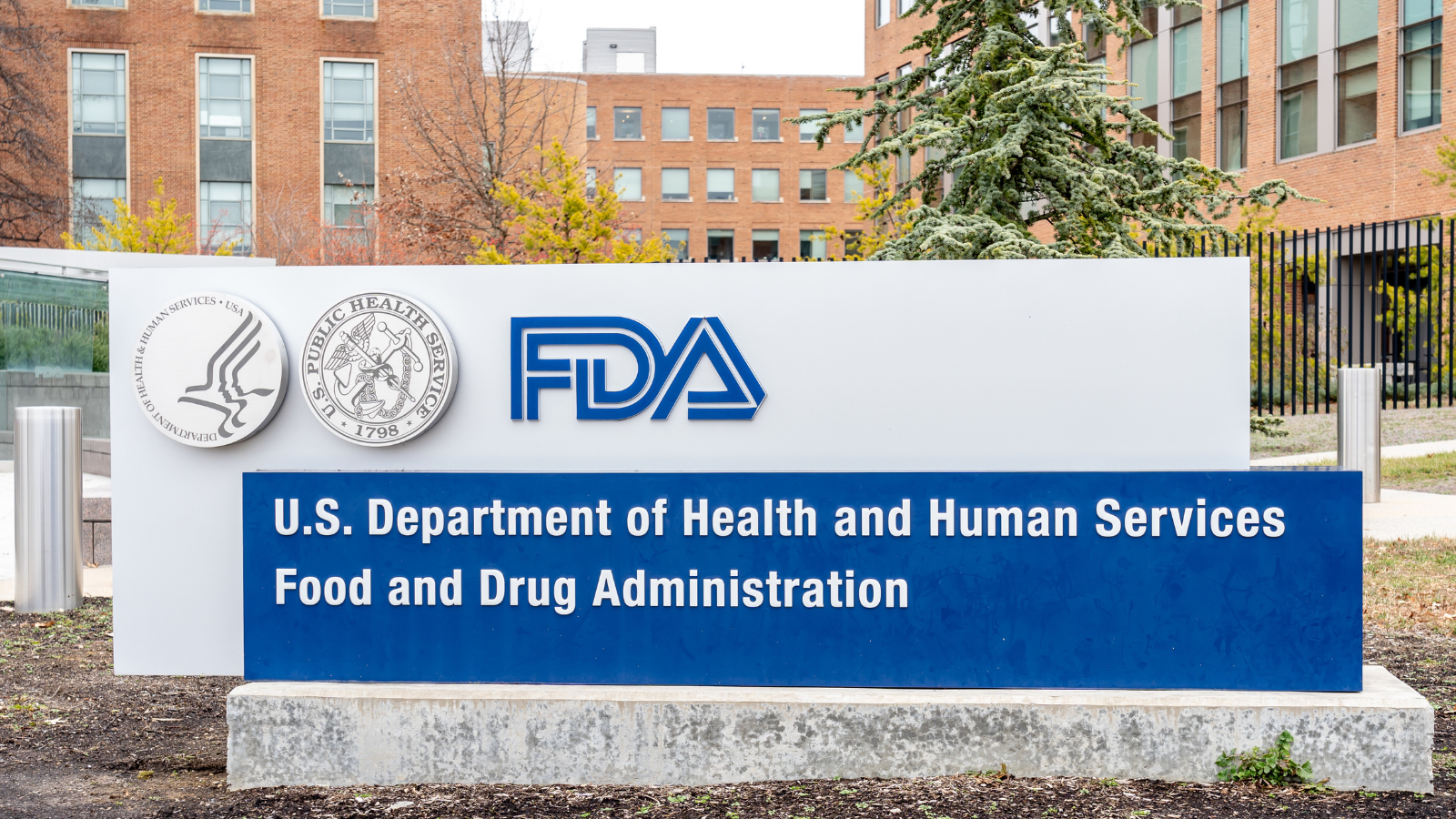As a leader in sustainable packaging, we here at Green Paper Products are committed to providing our customers with the most up-to-date and accurate information regarding food safety and regulatory compliance. In an era where environmental consciousness drives consumer choices, the demand for eco-friendly products has surged. However, this growth also necessitates rigorous oversight to ensure sustainable solutions do not compromise safety. On May 8th, 2025 the U.S. Food and Drug Administration (FDA) issued important alerts concerning certain palm leaf dinnerware products. This blog post aims to clarify the FDA's position, delve into the reasons behind their concerns, and outline the critical implications for businesses and consumers, ultimately ensuring you can make informed and responsible choices for your operations and find any palm leaf alternatives you may be looking for. Our goal is to empower you with knowledge, fostering environmental stewardship and unwavering commitment to public health.
Table of Contents

Understanding Palm Leaf Dinnerware
Palm leaf dinnerware has gained significant popularity as an eco-friendly alternative to traditional disposable plates and bowls which are often made from plastics or styrofoam. These products are typically crafted from the naturally fallen sheaths of the Areca palm tree, primarily found in South Asia. The manufacturing process generally involves collecting these discarded leaves, cleaning them thoroughly, and then heat-pressing them into various shapes like plates, bowls, and platters. They are frequently promoted for their rustic, natural appearance, sturdy feel, and, most notably, their claims of being biodegradable and/or compostable. Many consumers and businesses are drawn to them as a seemingly perfect solution for reducing environmental impact and aligning with green initiatives.
However, despite these appealing attributes, the inherent nature of the raw material and the diverse, often unregulated, manufacturing processes have led to increased scrutiny from regulatory bodies worldwide, including the FDA. The lack of standardized production controls across all manufacturers raises questions about consistency in cleanliness, the potential introduction of contaminants during processing, and the overall suitability of these natural materials for direct and prolonged food contact, especially under varying conditions of temperature and moisture.

The FDA's Official Alert: Key Details
The U.S. Food and Drug Administration (FDA) has issued significant alerts to both industry stakeholders and consumers regarding certain palm leaf dinnerware products. The FDA's primary concern centers on the lack of sufficient safety data for these palm leaf products when used for food contact. This means that, unlike many other food contact materials, there isn't enough scientific evidence to definitively prove their safety under typical conditions of use.
According to the FDA's communications, the primary concern with certain palm leaf dinnerware products stems from the presence of naturally occurring alkaloid compounds, such as arecoline, found within the Areca (betel) nuts of palm leaf plant. FDA testing has shown that prolonged exposure to these compounds, could possibly migrate from the dinnerware into food, particularly when serving hot or wet items. This is a key reason why the FDA has explicitly advised consumers to avoid using these products, as elevated temperatures and moisture may increase the potential for these substances to transfer into food, posing potential health considerations over an extended time. While general concerns about microbial growth or processing residues can apply to natural products, the FDA's specific alert for this dinnerware highlights the inherent nature of these migrating alkaloids.
Beyond consumer advisories, the FDA has also directly communicated with the industry, including manufacturers, distributors, and importers. These communications serve as a clear reminder that these entities bear the fundamental responsibility for ensuring that any products they produce, distribute, or import into the U.S. are safe for their intended use and fully comply with all provisions of the Federal Food, Drug, and Cosmetic Act (FFDCA). This includes demonstrating that food contact articles do not adulterate food and meet all applicable regulatory requirements. The FDA's stance underscores its proactive role in safeguarding public health by ensuring the integrity of the food supply chain, from raw materials to the final point of consumption.

Why the FDA Has Concerns: The 'Not GRAS' Determination
A core and fundamental reason for the FDA's alert regarding certain palm leaf dinnerware products is their determination that these products have not been affirmed as "Generally Recognized As Safe" (GRAS) for use in contact with food. This concept of GRAS is a cornerstone of food safety regulation in the United States. Under federal law, any substance that is intentionally used as a component of food or in a food contact article (meaning it's expected to migrate into food) must either be GRAS for its intended use or be authorized through a specific food additive regulation. The GRAS designation implies that the substance is generally recognized, among qualified experts, as having been adequately shown to be safe under the conditions of its intended use, based on scientific procedures or, in the case of a substance used prior to 1958, through experience based on common use in food.
The FDA has clearly stated that for certain palm leaf dinnerware, there is a significant lack of sufficient scientific data and information to support the safety of these products for their intended food contact use. This "lack of data" can encompass various aspects: insufficient toxicological studies to assess potential harmful effects of migrated substances, inadequate migration testing to determine what, if anything, leaches into food, or a lack of robust controls over the manufacturing processes to ensure consistent purity and safety. Without this comprehensive and publicly available scientific evidence, the FDA cannot conclude that these specific palm leaf products are safe for food contact.
Consequently, the FDA considers the use of such palm leaf dinnerware in contact with food to be unlawful. This is because, without a GRAS affirmation or a specific food additive regulation these products are deemed "adulterated" under the FFDCA when used in a manner that causes food to become contaminated or otherwise unsafe. This determination highlights the FDA's unwavering commitment to ensuring that all materials coming into contact with the food supply are rigorously proven safe for that purpose, placing the burden of proof on manufacturers and distributors to demonstrate compliance before products enter the market. It's a proactive measure designed to prevent potential harm rather than react to it.

Implications for Businesses and Consumers
The FDA's alert brings important considerations for businesses, especially those in food service, catering, and retail. If a business uses, distributes, or sells palm leaf dinnerware not affirmed as GRAS or compliant with food additive regulations, there are potential risks. Such products might be considered "adulterated" under the FFDCA, which could lead to various challenges. These might include regulatory actions from the FDA, such as product seizures or injunctions. Businesses could also face the possibility of product recalls, which can be challenging financially and may affect a company's brand reputation and customer trust, sometimes taking time to rebuild. Potential legal considerations, supply chain adjustments, and increased attention from buyers and public health authorities are also factors to be aware of. Therefore, it's truly important for businesses to conduct thorough due diligence, confirm the safety and compliance of all food contact containers they source. This proactive approach helps manage potential issues and supports continued operations and brand integrity.
For consumers, the FDA's advice is straightforward and protective: the agency recommends avoiding the use of palm leaf dinnerware products, especially when serving hot or wet foods. This recommendation is rooted in the potential for contaminants to leach into food under these conditions and the overarching lack of demonstrated safety data. Consumers are encouraged to be vigilant and make informed choices about the products they use for food preparation and serving. Understanding these implications empowers both businesses to uphold their responsibility for public safety and consumers to protect their own health and well-being.
Green Paper Products: Our Commitment to Safety and Sustainability
At Green Paper Products, we're guided by a two-fold commitment: protecting our environment and, just as importantly, ensuring the absolute safety of the products we offer. We understand that genuine sustainability should always go hand-in-hand with public health and regulatory compliance. Navigating the sometimes intricate world of food safety regulations can be challenging, and we know how crucial it is for our customers to have reliable, safe food service solutions they can truly depend on.
That's why our wide range of compostable and sustainable dinnerware options, like our sturdy bagasse (sugarcane fiber) products and various certified compostable goods, truly showcases this dedication. These aren't just "eco-friendly" products; they're thoughtfully designed, carefully manufactured by our suppliers, and thoroughly tested under strict quality controls to ensure they consistently meet and even go beyond essential safety standards. For example, our bagasse products often carry certifications from organizations like the Biodegradable Products Institute (BPI), which means they meet specific, rigorous criteria for compostability in commercial composting environments and non-toxicity. Most importantly, all our food contact offerings are carefully designed and tested to be ideally suited for their intended uses, ensuring they fully comply with FDA guidelines for food contact articles. We believe in transparency, so we provide clear documentation of these certifications and compliance measures, aiming to give our customers complete peace of mind.
We're dedicated to offering alternatives that not only genuinely support your sustainability goals—helping you reduce your environmental footprint and meet consumer demand for greener products—but also provide reassuring confidence regarding food safety and regulatory adherence. We firmly believe that businesses and consumers should never have to choose between being environmentally conscious and ensuring safety. We invite you to partner with us at Green Paper Products for reliable, compliant, and genuinely sustainable dinnerware solutions, all backed by our strong commitment to safety, quality, and transparency.